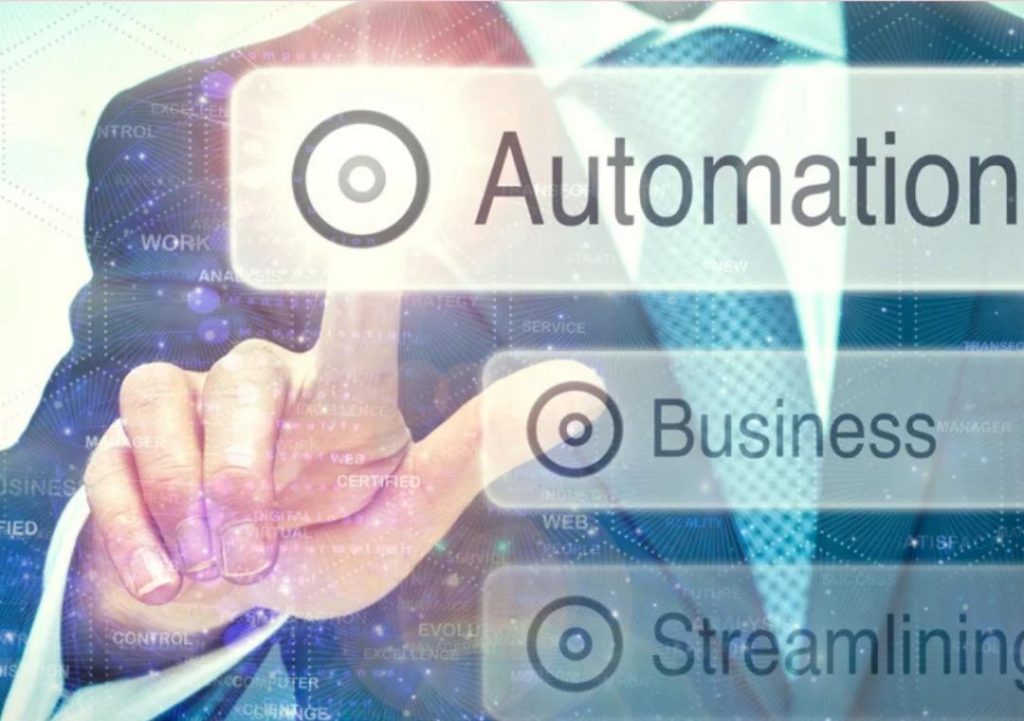
Marketing Automation Boosts Revenue with Timely, Smart Outreach
In today’s fast-paced digital landscape, businesses are constantly seeking ways to stay ahead of the competition and drive revenue growth. One effective strategy that has gained significant attention in recent years is marketing automation. While many marketers view marketing automation as a means to streamline processes and save time, its benefits extend far beyond efficiency gains. By leveraging automated workflows to nurture leads from awareness to purchase, brands can deliver the right message at the right moment, leading to increased conversion rates, reduced manual effort, and a smoother, more personalized customer journey across all touchpoints.
The Power of Personalization
Personalization is a key aspect of successful marketing. By tailoring your messaging and content to individual customers or segments, you can increase engagement, build trust, and ultimately drive conversions. Traditional marketing methods often rely on generic, one-size-fits-all approaches, which can lead to wasted resources and a lack of impact. Marketing automation, on the other hand, enables you to create customized campaigns that speak to each customer’s unique needs, interests, and behaviors.
For instance, a travel company can use marketing automation to send targeted email campaigns to customers who have abandoned their booking process. By including personalized recommendations based on their previous searches and interests, the brand can encourage them to complete their booking and increase the chances of conversion.
Automated Workflows: The Key to Efficient Lead Nurturing
Lead nurturing is a crucial step in the customer journey, but it can be a time-consuming and labor-intensive process when done manually. Marketing automation streamlines this process by automating workflows that guide prospects through the buying process. By using triggers, conditions, and actions, you can create customized workflows that cater to each lead’s specific needs and interests.
For example, a B2B software company can use marketing automation to create a workflow that targets potential customers who have downloaded a whitepaper or attended a webinar. The workflow can then send a series of targeted emails and content pieces that educate them on the benefits of the software, gradually increasing the level of complexity and detail as they demonstrate increasing interest.
Scalability and Consistency
Marketing automation also enables you to scale your marketing efforts without sacrificing consistency. By using pre-built workflows and templates, you can ensure that your messaging and content are delivered consistently across all channels and touchpoints. This consistency is critical in building trust and credibility with your audience, as it demonstrates a commitment to quality and professionalism.
Moreover, marketing automation allows you to scale your efforts without incurring additional costs or resources. By automating repetitive tasks and processes, you can free up your team to focus on high-value activities such as strategy development, content creation, and customer engagement.
Increased Conversion Rates and Revenue Growth
So, how does marketing automation impact revenue growth? The answer is twofold. First, by delivering the right message at the right moment, marketing automation increases conversion rates by targeting prospects who are most likely to convert. Second, by reducing manual effort and increasing efficiency, marketing automation allows your team to focus on higher-value activities that drive revenue growth.
According to a study by HubSpot, companies that use marketing automation see a 14.5% increase in sales-qualified leads. Similarly, a study by Marketo found that companies that use marketing automation see a 12% increase in revenue growth.
The Future of Marketing Automation
As marketing automation continues to evolve, we can expect to see even more sophisticated and personalized experiences. With the rise of artificial intelligence and machine learning, marketing automation will become even more effective at predicting customer behavior and preferences, enabling brands to deliver targeted messaging and content that resonates with their audience.
Moreover, marketing automation will play a critical role in shaping the customer journey, enabling brands to create seamless, omnichannel experiences that cater to each customer’s unique needs and preferences. By leveraging marketing automation to deliver timely, smart outreach, brands can build stronger relationships with their customers, increase engagement, and drive revenue growth.
Conclusion
Marketing automation is no longer just a means to save time and streamline processes; it is a powerful tool that drives revenue growth and customer engagement. By leveraging automated workflows to nurture leads from awareness to purchase, brands can deliver the right message at the right moment, increasing conversion rates, reducing manual effort, and ensuring a smoother, more personalized customer journey across all touchpoints. As marketing automation continues to evolve, it will play a critical role in shaping the future of marketing, enabling brands to create personalized, omnichannel experiences that drive revenue growth and customer loyalty.
Source:
https://www.growthjockey.com/blogs/benefits-of-marketing-automation






